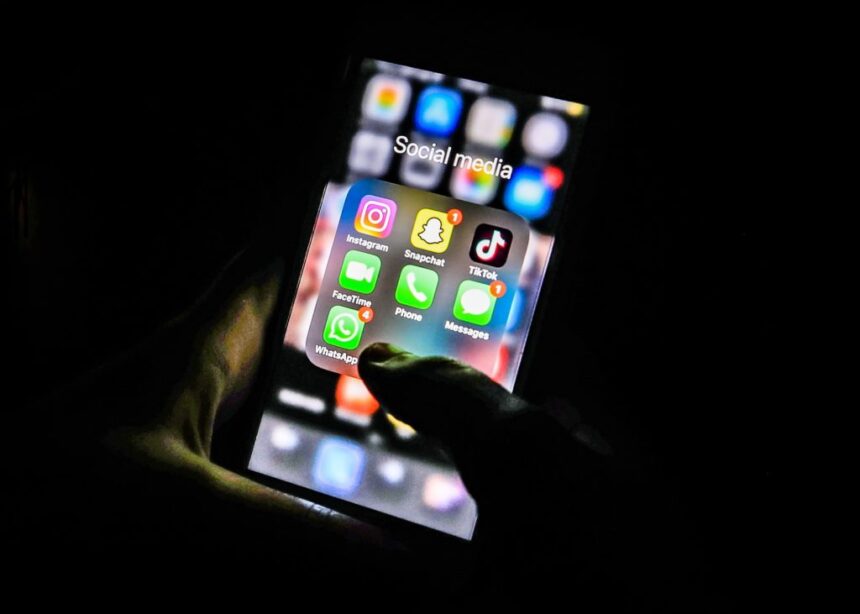In an era where social media dictates much of our information diet, mental health content has exploded across platforms like TikTok, Instagram, and YouTube. While this visibility has reduced stigma and created community, it has also unleashed a troubling wave of misinformation that mental health professionals are increasingly concerned about.
“What we’re witnessing is unprecedented,” says Dr. Melissa Tanaka, clinical psychologist at the Toronto Mental Health Institute. “For every evidence-based resource online, there are dozens of misleading or outright false claims about conditions, symptoms, and treatments reaching millions of viewers.”
Recent analysis from the University of British Columbia found that nearly 40% of mental health content on popular social platforms contains significant inaccuracies or misleading claims. The study examined over 2,000 posts across multiple platforms and discovered a concerning pattern: content with extreme claims or oversimplified diagnoses received substantially more engagement than nuanced, scientifically-accurate information.
One particularly troubling trend involves self-diagnosis, where users claim to diagnose complex conditions like ADHD, bipolar disorder, or personality disorders based on vague symptom lists. These oversimplified explanations rarely account for the diagnostic complexity mental health professionals spend years learning to navigate.
“When someone sees a 60-second video listing five common ADHD symptoms, they may immediately self-identify without understanding that those same symptoms could indicate anxiety, depression, trauma responses, or perfectly normal human behaviors,” explains Dr. James Fielding, psychiatrist and researcher at CO24 Health.
The algorithmic nature of social platforms compounds the problem. Users who engage with mental health content quickly find themselves in content bubbles that reinforce particular viewpoints, regardless of accuracy. This digital echo chamber can lead users to believe certain symptoms must indicate specific diagnoses, bypassing professional assessment entirely.
Mental health professionals aren’t opposed to the democratization of information, but stress the importance of quality control. Dr. Tanaka acknowledges the positive aspects: “Social media has made mental health conversations accessible in unprecedented ways, particularly for marginalized communities who historically lacked access to care. The challenge is separating helpful content from harmful misinformation.”
Some creators with legitimate credentials are fighting back. Licensed therapist Dr. Amanda Chen, who maintains an evidence-based account with over 500,000 followers, notes: “I spend half my clinical hours correcting misconceptions patients learned online. The most dangerous aspect isn’t just wrong information—it’s the oversimplification of incredibly complex conditions.”
The financial incentives behind mental health content creation also raise ethical concerns. CO24 Business analysis found that mental health influencers with large followings can earn between $5,000-$20,000 per sponsored post, creating powerful motivation to produce attention-grabbing content rather than accurate information.
Health authorities in Canada and worldwide are beginning to address this crisis. The Canadian Mental Health Association recently launched a digital literacy campaign to help Canadians evaluate mental health information critically, while several provincial health ministries have published guidance for identifying credible sources.
“The solution isn’t removing mental health content from social media,” says digital ethics researcher Dr. Priya Singh. “Rather, we need platform accountability, better algorithmic design that doesn’t reward sensationalism, and widespread digital literacy education starting in schools.”
As we navigate this complex landscape, experts recommend several strategies for consumers: verify information across multiple credible sources, check creators’ credentials, be wary of content that promises simple solutions to complex problems, and always consult qualified professionals before making health decisions based on social media.
The mental health information ecosystem continues evolving rapidly, leaving us with a pressing question: How do we preserve the democratizing benefits of accessible mental health information while protecting vulnerable individuals from potentially harmful misinformation?

























